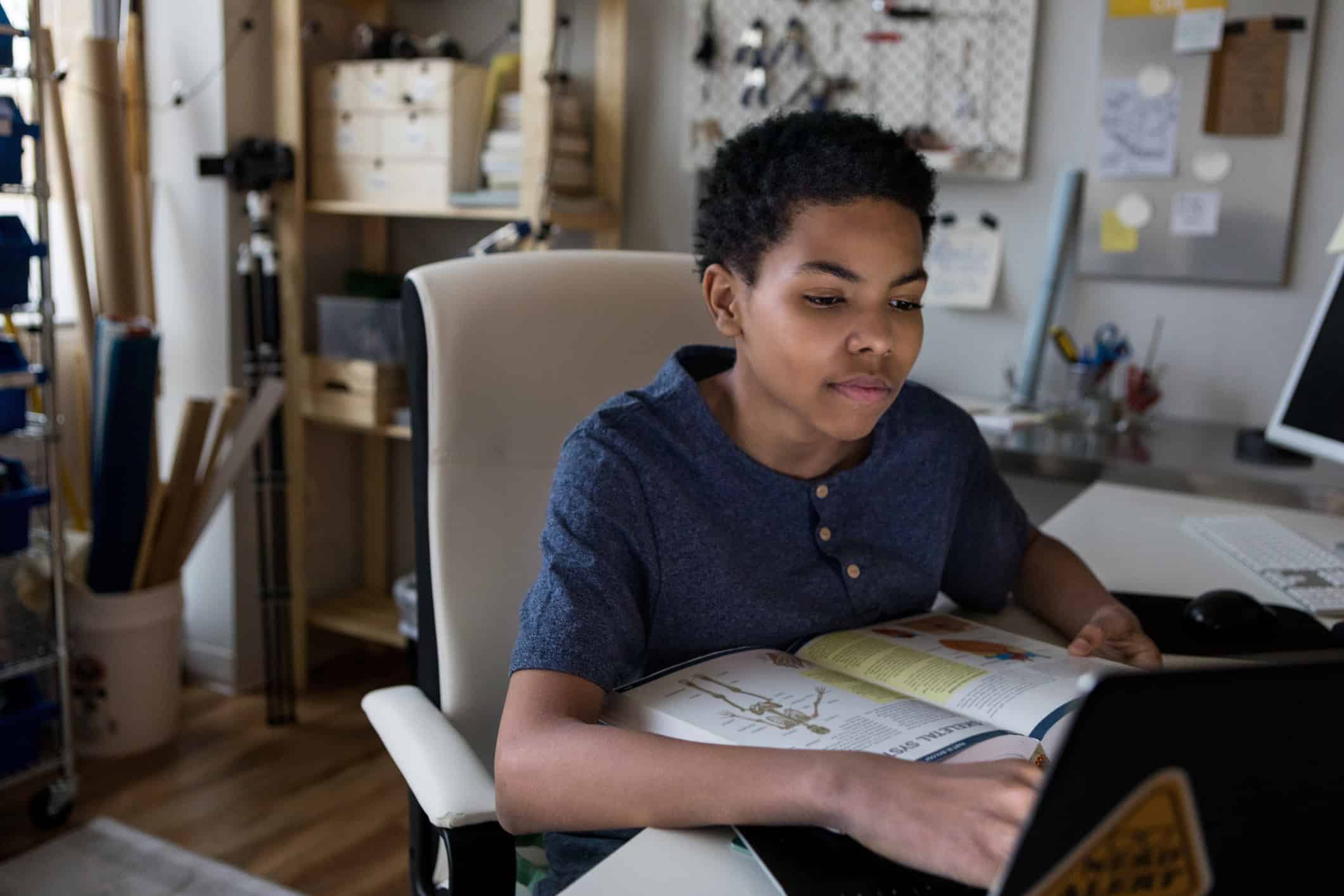Understanding Student Fears
As we step into a school year of uncertainty, expect that your child is most likely experiencing one primary emotion: fear. Fear of the unknown. What will their school experience be like? Can they keep up with remote learning? Will I ever see my friends again? What will happen to their sports, clubs, extracurriculars, etc.? What about college?
The list goes on, as do the myriad of shifting variables impact student performance and vitality. While the Spring semester was largely sporadic and disorganized, students collectively assumed that by the Fall, it would be back to normal, and as we know, it is not. The looming permanency of their alternate learning model and school experience can be deeply unsettling for students, and we must validate and recognize their emotional realities.
Starting Conversations
The best defense when confronting and unpacking student stress is a good offense. In this case, that strong offense is communication. Effective parents will learn to ask questions without smothering their child with their adult interpretations, impressions, and opinions. Remember, a conversation with a student needs to be dialogue, not a parent monologue. Ask your students what emotions they are experiencing. For example:
-
- What are they fearful of?
- How would they assess and rate their level of intrinsic motivation?
- What supports do they need (both tangible and intangible) from their parents?
- What learning model do they prefer?
- What environment do they feel would best allow them to succeed?
Rather than rebutting or attempting to immediately pacify or explain-away their responses, simply hold space and allow them to process and vent.
Redefining Your Relationship With Learning
If the pandemic has taught us anything, it’s that not all kids miss comprehensive school. Contrary to our assumptions, many students actually prefer the opportunity to learn at their own pace, in a smaller environment, void of the social pressures and larger environments that lend themselves to mental health struggles. Yes, as kids, we adults went to school in-person, are experiencing the more traditional experience.
The world has changed, however, and your student’s potential, vibrancy and response to learning might actually increase in an alternative setting. On the other hand, students who are missing that traditional school experience, but are lacking their normal extracurricular activities, can grow disengaged; simply stated, the Zoom life is not for them. In these instances, I strongly recommend thinking outside the box and looking for methods to capture real-life learning opportunities.
Some examples include (but not limited to):
-
- Learning to invest in the stock market
- Learning to cook
- Reading the classics
- Taking a college course in a curricular area that is purely based on their intrinsic passions
Keeping It Simple
During this season of uncertainty, it is best to operate in the here and now. Avoid talking about academics in the long-term. Instead, carve out structure in your home that will increase reliability, predictability, and ease tension. Think:
-
- Eat
- Sleep
- Exercise
- School
- Play
Collaborate with your child to establish an expected routine where there are clearly defined times and spaces for your child to live their whole life (safely of course). Simply winging-it will result in a breakdown both in productivity and family dynamics.
Changing the Narrative
Children don’t always listen to you, but they are always watching you. Yes, this is a time of unending stress and turmoil, but no, that is not what we need to focus on with our children. I am not suggesting that you dismiss the world’s reality, but as far as education is concerned, remaining positive and optimistic will pay great dividends than constant complaints.
If kids hear a continuous narrative that remote learning is ineffective, that the teachers are horrible, that the school is negligent, etc. those opinions will seep via osmosis into the paradigm of your children. Together, we need to work with what we have, and curate opportunities to optimize the hand we have been dealt.








